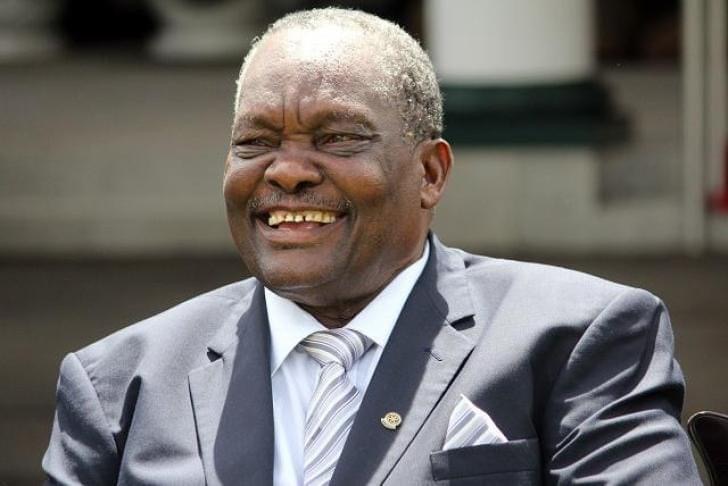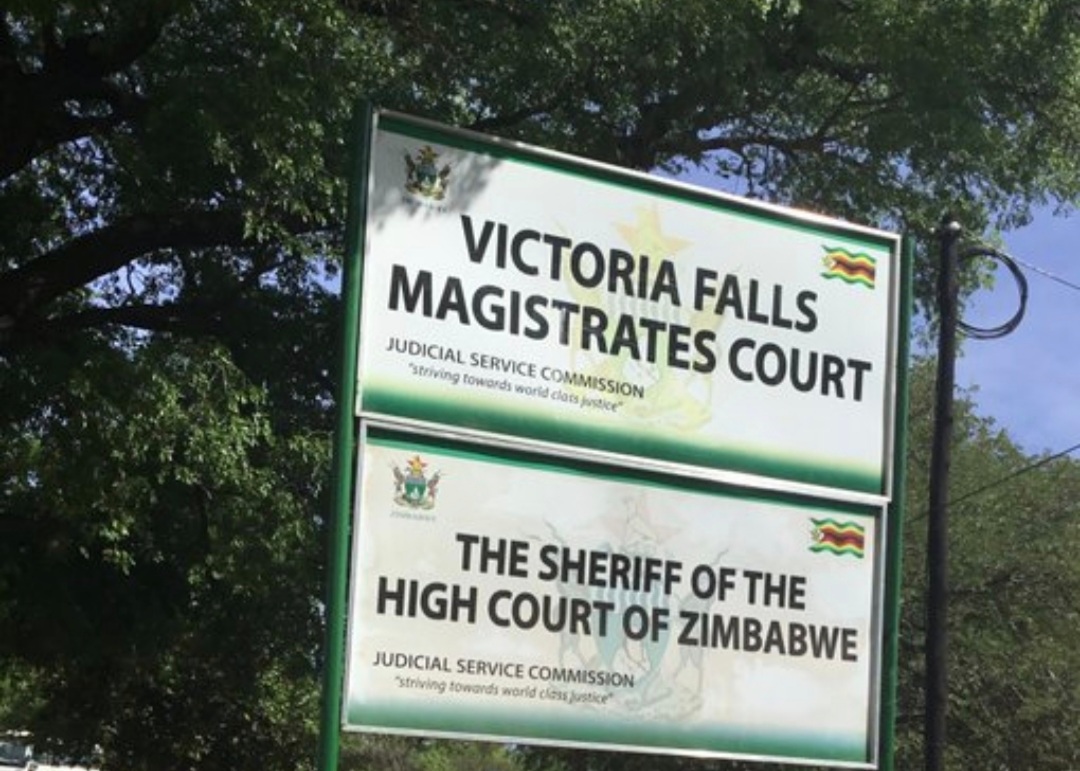BY CITE
Retired Justice Sello Nare, Chairperson of the National Peace and Reconciliation Commission (NPRC), has passed away at the age of 81.
A family spokesperson, Lesley Ncube, confirmed the news to CITE, stating that Nare died on Saturday night at a hospital in Johannesburg, South Africa, where he had been receiving specialist medical care following a prolonged illness.
Born in 1943 in Ward 19, Kafusi, Gwanda District, Matabeleland South, Nare had an illustrious career spanning education, law, and national reconciliation.
“Nare attended Kafusi Primary School and later received a bursary to study at Dadaya Mission. His early career began in education, where he trained as a teacher.
“He worked as a primary school teacher in Zvishavane and Gwanda between 1963 and 1970 and later served as a headmaster from 1971 to 1973.
“He taught at several schools, including Chegato and Msume, before eventually pursuing a legal career,” Ncube said.
Ncube noted that Nare’s interest in the legal profession grew during his time as a teacher, which led him to join the Judicial Services Commission (JSC). There, he rose through the ranks from court interpreter to judge.
“He had a strong passion for both education and law. While serving as a teacher, his interest in the legal profession blossomed, and after independence, he dedicated himself fully to the field,” Ncube added.
Fluent in six local languages – Sotho, Ndebele, Shona, Venda, Nyanja, and English – Nare was also knowledgeable in Kalanga and Shangani and had a strong understanding of Nambya, which aided his work as a court interpreter.
“He trained at the Judicial College before being appointed a magistrate in the early 1980s. Nare also studied for his LLB with UNISA,” said the family spokesperson.
Nare’s legal career saw him serve in various capacities across Zimbabwe, including as a magistrate in Bulawayo, Hwange, and Chiredzi, and later as the provincial magistrate for Mashonaland West and Matabeleland North.
“He was promoted to regional magistrate in Harare in 1993 and later served as Senior Regional Magistrate in Mutare before taking on the role of President of the Administrative Court in Bulawayo in 2003,” Ncube said.
In 2006, Nare was appointed President of the Labour Court in Bulawayo, a position he held until his retirement in 2013.
Ncube highlighted that Nare’s contributions to the legal field culminated in his appointment as NPRC Chairperson in March 2018 by President Emmerson Mnangagwa. This was a key role in Zimbabwe’s peacebuilding efforts, succeeding the late Cyril Ndebele, who passed away in 2016.
“Justice Nare was deeply committed to nation-building and peace. He travelled across the country, advocating for reconciliation and unity until his retirement,” Ncube said.
“He was a humble and ethical man, deeply devoted to his church and faith, and committed to serving his country.”
In addition to his legal work, Nare was a dedicated member of the Church of Christ in Bulawayo, where he served as an elder. He was also active in academia, chairing the Lupane State University Staff Disciplinary Committee in 2014.
“An avid farmer, Nare tended to his farm in Marula and maintained a garden at his home in Belleview, Bulawayo,” added the family spokesperson.
“The legal sector is poorer without him. Nare was a peacebuilder, not only within the country but also within his family and church.”
Nare is survived by his wife, Leticia Gladys Nare, three children, and 11 grandchildren. Funeral arrangements will be announced in due course.

 Slider3 years ago
Slider3 years ago
 National4 years ago
National4 years ago
 Opinion3 years ago
Opinion3 years ago
 Tourism and Environment4 years ago
Tourism and Environment4 years ago
 National2 years ago
National2 years ago
 National3 years ago
National3 years ago
 National2 years ago
National2 years ago
 National4 years ago
National4 years ago



